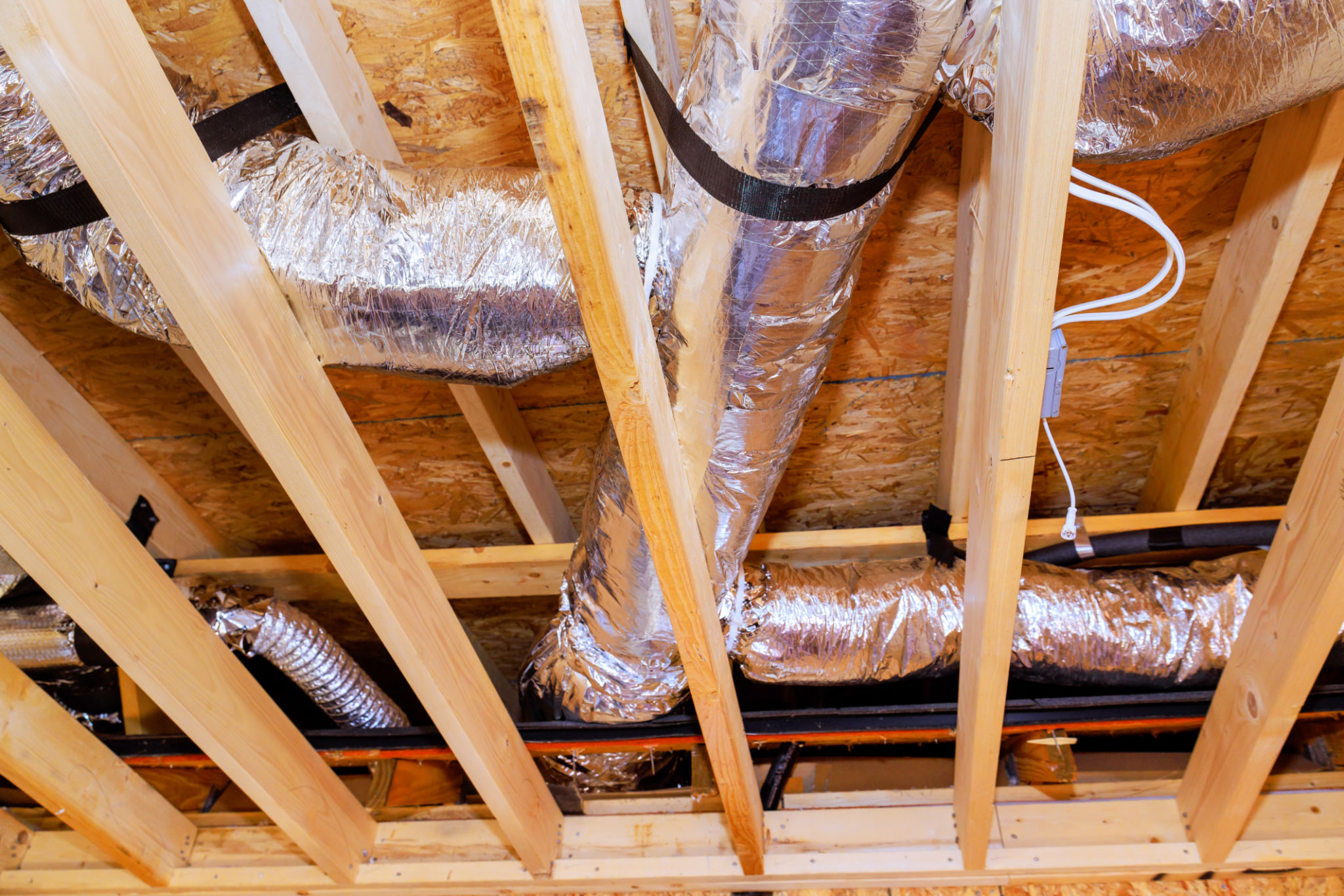Common Questions About Ventilation Systems Answered
Understanding Ventilation Systems
Ventilation systems are essential for maintaining a healthy and comfortable indoor environment. They help regulate air quality, control humidity, and ensure the removal of pollutants. Whether you're considering a new system or want to upgrade an existing one, it's important to be informed about how these systems work and what options are available.

What Are the Different Types of Ventilation Systems?
There are several types of ventilation systems, each designed for specific needs and environments. The most common types include:
- Natural Ventilation: Utilizes openings like windows and vents to allow air movement without mechanical aid.
- Mechanical Ventilation: Uses fans and ductwork to circulate air, providing more control over airflow.
- Hybrid Ventilation: Combines natural and mechanical methods to optimize air quality and energy efficiency.
How Do Ventilation Systems Improve Indoor Air Quality?
Ventilation systems play a crucial role in improving indoor air quality by introducing fresh outdoor air and removing stale indoor air. They help reduce the concentration of indoor pollutants such as dust, smoke, and volatile organic compounds (VOCs), contributing to a healthier living space.

What Factors Should Be Considered When Choosing a Ventilation System?
When selecting a ventilation system, consider factors such as the size of your space, climate conditions, energy efficiency, and specific needs. It's also important to assess the system's ability to control humidity levels, as excessive moisture can lead to mold growth and structural damage.
How Energy Efficient Are Modern Ventilation Systems?
Modern ventilation systems are designed with energy efficiency in mind. Features like heat recovery ventilators (HRVs) and energy recovery ventilators (ERVs) can significantly reduce energy consumption by reclaiming heat from exhaust air. Look for systems with high efficiency ratings to ensure cost savings and environmental benefits.

What Maintenance Does a Ventilation System Require?
Regular maintenance is essential for the optimal performance of any ventilation system. This typically includes cleaning or replacing filters, inspecting ductwork for leaks or blockages, and ensuring fans are functioning properly. Routine maintenance not only enhances efficiency but also extends the lifespan of your system.
Can Ventilation Systems Help with Allergies?
Yes, ventilation systems can significantly alleviate allergy symptoms by filtering out allergens such as pollen, dust mites, and pet dander. Using high-quality filters and maintaining them regularly will ensure that your system effectively reduces airborne irritants.
In conclusion, understanding the various aspects of ventilation systems can help you make informed decisions about which type is best suited for your home or business. Regular maintenance and consideration of energy efficiency will ensure that your system provides optimal performance and contributes to a healthy indoor environment.